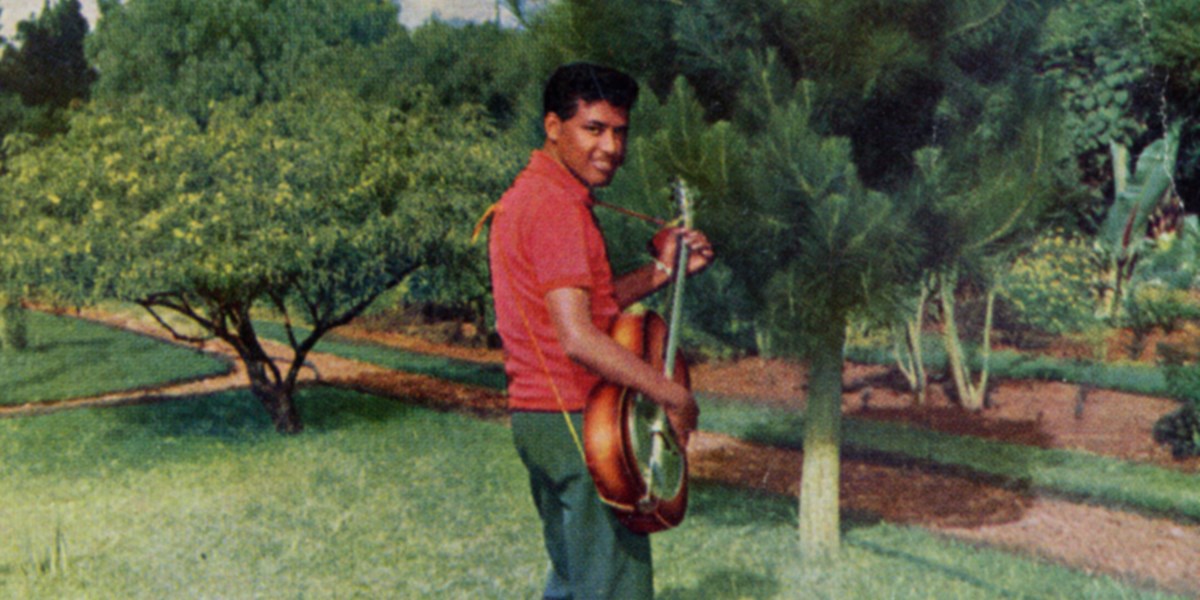Monday, September 20, 2021
Obituary: Alèmayèhu Eshèté (1941-2021)
By Jim Hickson
Remembering the life, times and music of the 'Abyssinian Elvis,' one of the key players on the Swinging Addis scene

Those who came to the world of Ethiopian music through the incredible Very Best of Éthiopiques will be instantly familiar with Alèmayèhu Eshèté’s signature hip-thrusting ‘hyuuungh!’ that opens his song ‘Tchero Adari Nègn’. It’s not for nothing that he’s been called the ‘Abyssinian Elvis’ or ‘Ethiopian James Brown’. The immaculately coiffed singer was one of the key players in the now-legendary Swinging Addis scene in the 1960s and 70s, when the Ethiopian capital rocked to the sounds of uniquely Habesha forms of jazz, R&B and soul.
After early yearnings towards Hollywood were scuppered, Alèmayèhu – fascinated with American culture and Elvis Presley in particular – turned his hand to singing. Even as a teenager, it was obvious that he was a star, and he was quickly snapped up by the state-run Police Orchestra, with whom he had his first hit in 1961. Alèmayèhu was at the forefront of Swinging Addis, singing with all the most popular groups of the time. His most fruitful partnership, however, was with pianist and arranger Girma Bèyènè, with whom he founded the Alèm-Girma Band – together, the pair produced some of the finest work of their respective careers.
In 1974, the Stalinist Derg regime overthrew the Ethiopian Empire and, with it, withered Addis Ababa’s music scene. Many musicians fled into exile, but Alèmayèhu remained, performing with bands where he could. Swinging Addis eventually got an international renaissance starting in the late 90s, with the Éthiopiques series reissuing the hits and hidden gems of the era to massive acclaim. Alèmayèhu’s music was the subject of two dedicated Éthiopiques compilations (Volumes 9 and 22); he went on to tour across Europe and the US and sang with new-generation Ethio-jazz groups Either/Orchestra and Badume’s Band.
Through it all, Alèmayèhu was in love with music and showmanship. Rumours of his retirement following a 2016 hospitalisation for heart failure proved unfounded, and he carried on performing until the end. With his death at age 80, Ethiopian music has lost an icon.

